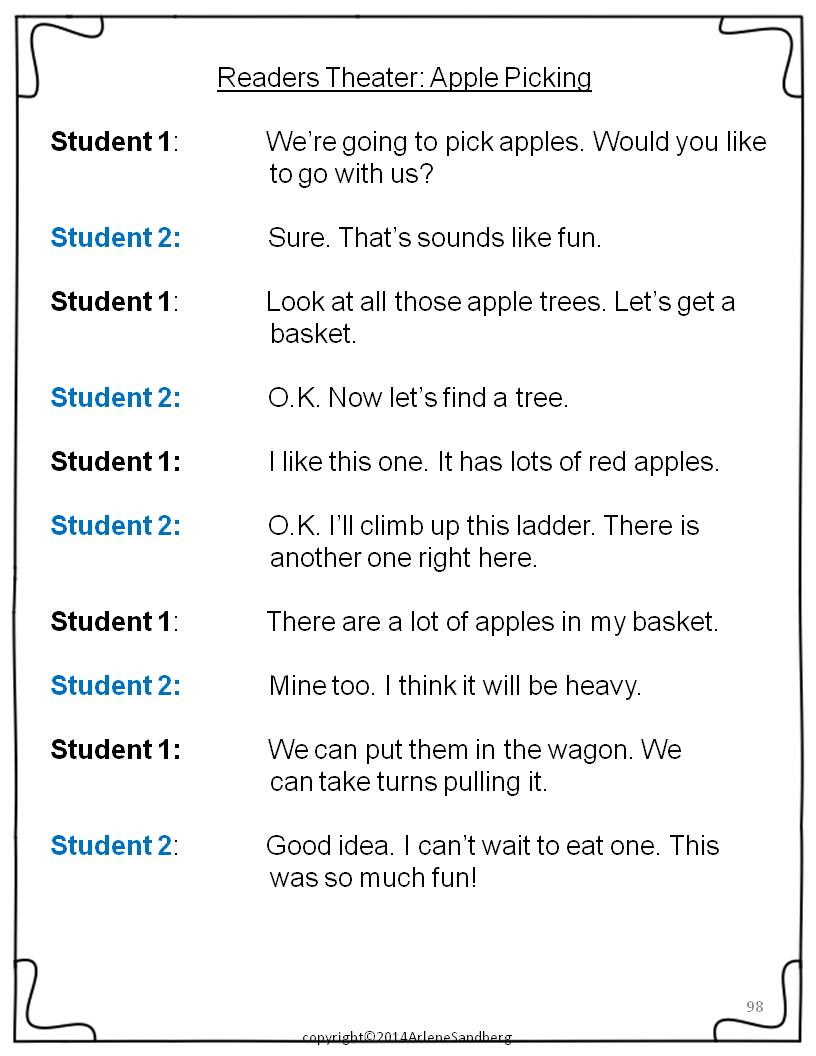Fall is only a few days away and there are so many wonderful books about fall to help students build fluency. Themes are great for students who need more practice learning the target vocabulary and become more automatic with their new words. Fluency is one of the 5 Big Ideas in Reading. Fluency is necessary for students to comprehend what they are reading. Students need to read in order to become fluent but we know that struggling readers spend less time reading. They not only struggle with fluency but also with comprehension. Themes also give students students more opportunities to learn the targeted vocabulary with a variety of activities and multiple exposures.
For the beginning readers, fluency begins with a single word. There are several activities to help students learn the fall target vocabulary that you see in the sample from my new
Fall Fluency Unit below. For ESL students and struggling readers there are those cards with pictures and also without. There are 2 fluency activities called Fast Match and Point and Say that students play with a partner.
Students also need to learn phrases and then sentences. Look at the example of the sentence below. Students not only learn the fall vocabulary words:
wheelbarrow and leaves, but sight words:
the, is, in, of and phrases:
in front of the, full of. When students struggle to read and labor over each word they struggle with comprehension. The phrase:
in front of, should be read together without pausing to indicate where the dog is.
Here are some of the Phrase Activities, Sentence Activities, and Assessment from my Fall Fluency Unit. There are also Build a Sentence Fluency Cards included.
Students who are fluent, read with expression. They understand what is happening by the way they read. I love using poetry to teach fluency and using expression. Here is a poem from my new
Fall Literacy Activities Packet : Students can add the actions of picking the apples, putting them in a basket, washing and slicing them, and then eating them.
Poems are short and help reluctant readers participate when doing echo reading, choral, and whole class readings. The more they read it, the more fluent they become. It also build confidence. Besides reading passages at both the 1st and 2nd Grade levels, I've also included 2 Readers Theater Partner Scripts like the one below.
There are also 3 differentiated leveled Reading Assessments. This packet is great for ESL students, Special Ed teachers, and RTI besides regular classroom teachers. If you would like to check out all the activities and materials in this packet please click on the image below and to read the description and download the Preview file. The Preview file includes sample pages of many of the activities and materials in this packet.
Looking for some new Pinterest boards to follow? Click
HERE. Here are a few you may be interested in:
Thanks for all you do to make a difference for your students.
Follow my blog with Bloglovin
































